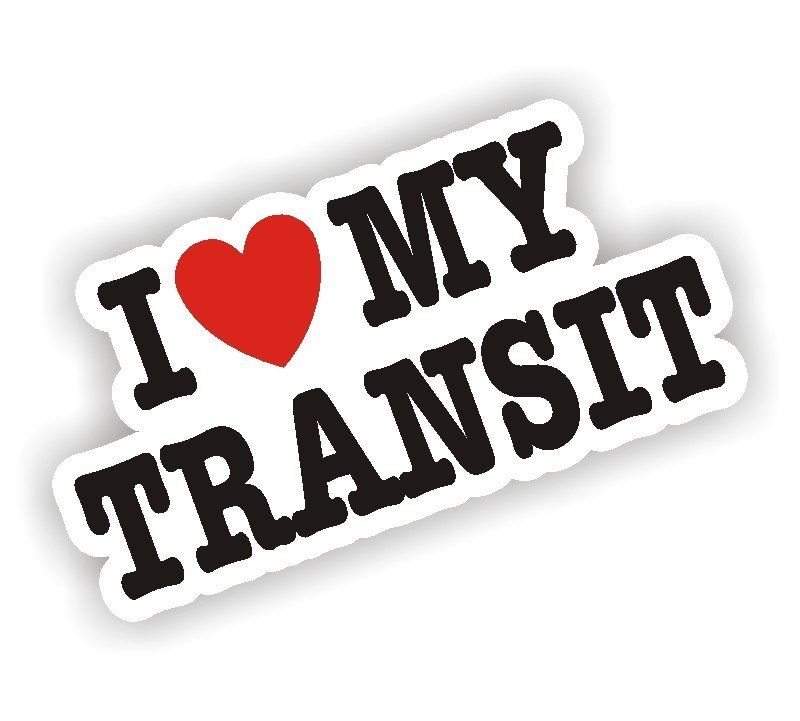Discover how staff appreciation impacts mental health and job performance through expert insights and research findings. This article offers actionable strategies for leaders to implement effective appreciation practices that promote loyalty and retention among team members.This article delves into the significant impact of regular staff appreciation on fostering a positive work culture.
The Hidden Science of Employee Appreciation Explained
The Hidden Science of Employee Appreciation Explained
Employee appreciation is significant in the workplace as there is a connection between staff appreciation, mental health, and job performance.
When employees feel valued and recognised for their contributions, they are more likely to experience increased job satisfaction and motivation. This positive emotional state can lead to improved mental health, reducing the likelihood of stress and burnout. Furthermore, a supportive work environment fosters collaboration, enhances teamwork, and encourages innovation.
Recognising employees' hard work through various forms of appreciation—such as verbal praise, awards, or even small gestures like thank-you notes—can create a culture of recognition that boosts morale. When employees know their efforts are noticed and appreciated by management and peers alike, it reinforces their commitment to the organization and its goals.
Moreover, employee appreciation contributes to retention rates. Organisations that prioritise acknowledgement tend to have lower turnover rates because workers feel an emotional bond with the company. They believe that their well-being matters to leadership—a critical factor in remaining engaged long-term.
In addition to improving individual performance, celebrating achievements at team meetings or events can strengthen relationships among colleagues. With a stronger sense of community within the workplace, collaboration improves as communication becomes more open and inviting.
Ultimately, investing in employee appreciation is not just beneficial for individuals; it's also advantageous for organisations as a whole. Higher levels of engagement translate into higher productivity levels while fostering loyalty among staff members who see themselves as integral parts of the company's success story.
To effectively incorporate employee appreciation strategies into daily operations:
1. **Personalize Recognition**: Tailor your approach based on individual preferences; some may prefer public recognition while others appreciate private acknowledgments.
2. **Be Consistent**: Regularly acknowledge contributions rather than waiting for annual reviews or special occasions.
3. **Encourage Peer-to-Peer Recognition**: Create mechanisms where all team members can recognize each other’s successes; this promotes inclusivity.
4. **Solicit Feedback**: Engage with your staff about what types of recognition resonate most with them so you can adapt accordingly.
5. **Leverage Technology for Acknowledgment**: Utilise platforms and tools that facilitate recognition, such as employee recognition software or internal social networks. These can help to streamline the process and make it easier for everyone to participate.
6. **Celebrate Milestones**: Regularly acknowledge both individual and team milestones—be it work anniversaries, project completions, or personal achievements. This not only enhances morale but also fosters a sense of community within the organisation.
7. **Offer Tangible Rewards**: Consider incorporating non-monetary incentives like gift cards, extra time off, or experiences that align with employees’ interests. Tangible rewards can often boost motivation significantly.
8. **Model Recognition at Leadership Levels**: Leaders should regularly demonstrate appreciation in their day-to-day interactions; this sets a tone of gratitude and respect throughout the organisation.
9. **Create Celebratory Events**: Organise events specifically dedicated to recognising accomplishments—like quarterly award ceremonies or themed appreciation days—to spotlight individuals and teams for their hard work.
10. **Foster an Open Environment for Sharing Success Stories**: Encourage storytelling around successes by allowing team members to share their achievements in meetings or through company newsletters which reinforces positive behaviors across departments.
By implementing these strategies into your organisational culture, you are likely to create a more engaged workforce where employees feel valued and motivated—leading directly toward improved performance metrics across every level of your business!
The Hungry Plaice
Vintage Fish & Chip Van And Ice Cream Van Hire
Contact Us For A Quote
Sign up to our newsletter
















